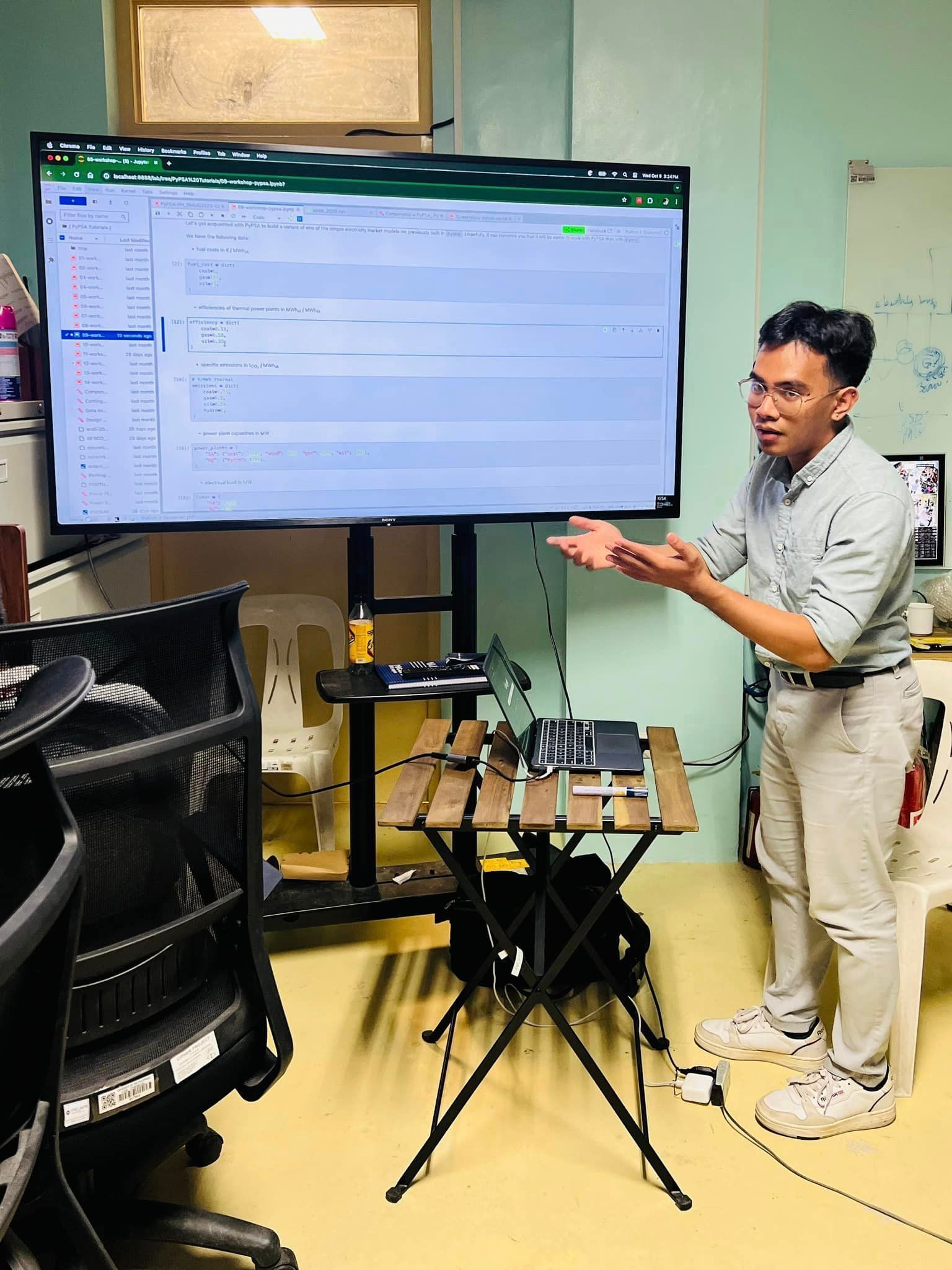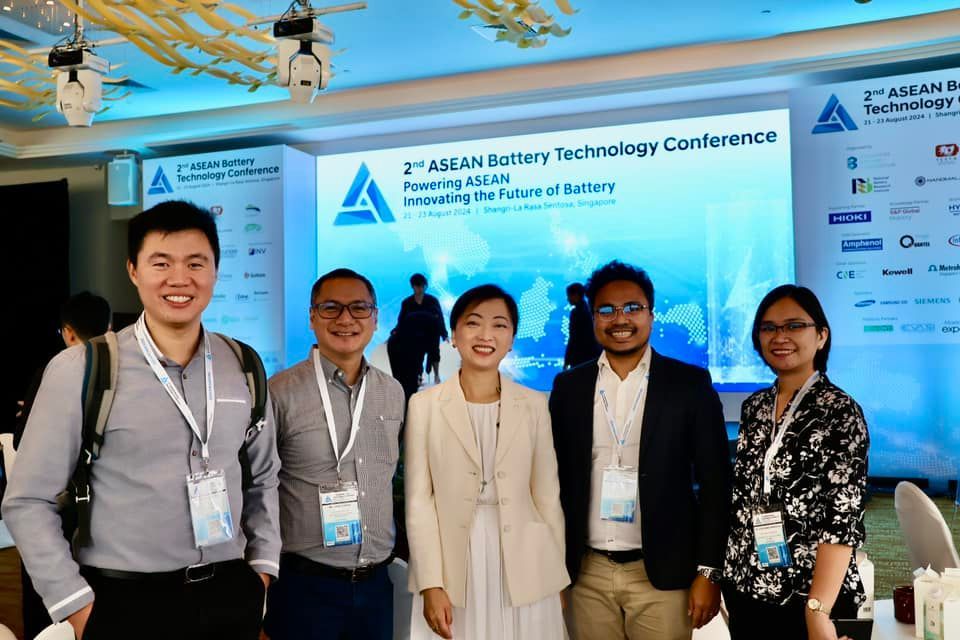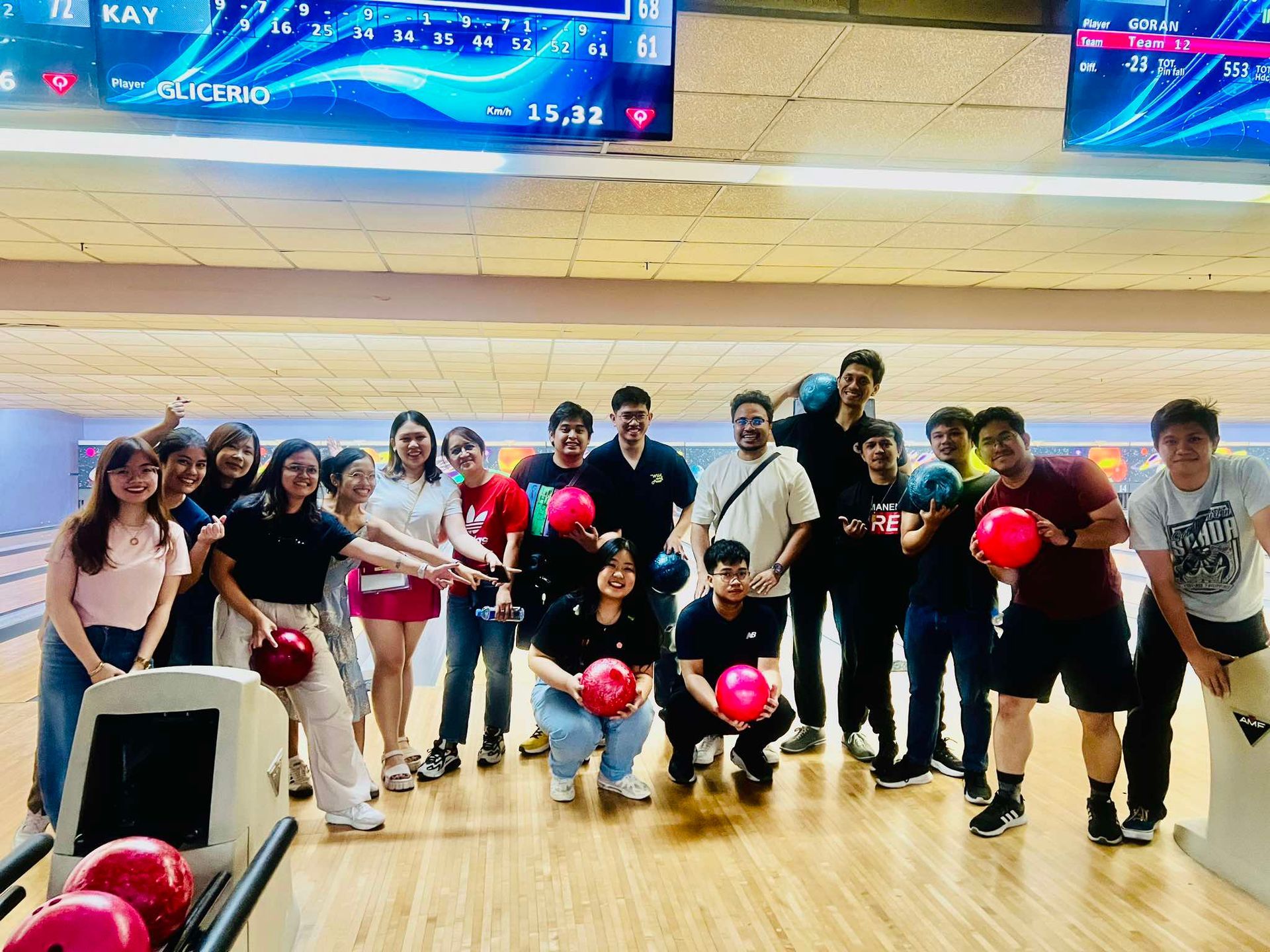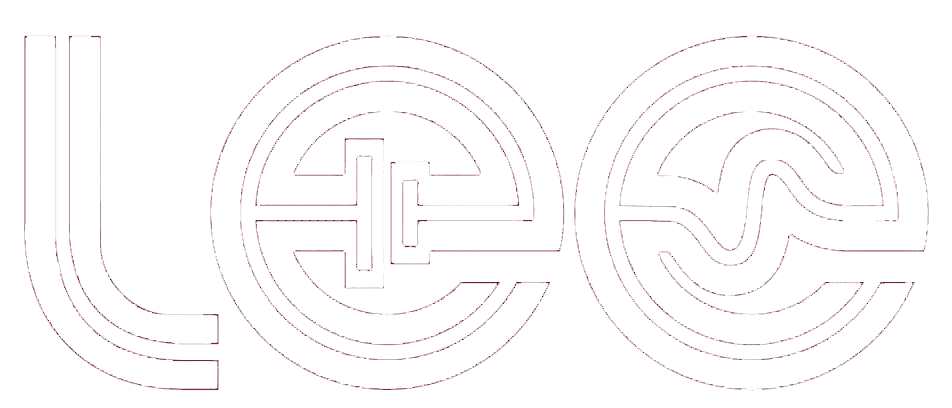Prof. Ocon and Asst. Prof. del Rosario Attend AUN/SEED-Net Intensive Course on Management of Technology
Prof. Joey Ocon and Asst. Prof. Julie Anne del Rosario of the Laboratory of Electrochemical Engineering were among the selected applicants for the ASEAN University Network/Southeast Asia Engineering Education Development Network (AUN/SEED-Net) Intensive Management of Technology (MOT) Course.
The training was organized in Malaysia-Japan International Institute of Technology, Kuala Lumpur Malaysia last August 2-15, 2015 with the goal of: (1) enhancing knowledge and capacity of young faculty staff of member institution and/or SEED-Net Alumni members in collaboration with industrial sector through research activities and of (2) initiating awareness of the importance of MOT and its capability to enhance academic curricular among members of the network. Prof. Ocon and Asst. Prof. del Rosario, both under Chemical Engineering were joined by other faculty members from the College of Engineering, Engr. Kristian Azul for Civil Engineering and Asst. Prof. Mitch-Irene Kate Galvan for Materials Engineering.
The AUN/SEED-Net was established in 2001 as a sub-network of ASEAN University Network (AUN) and was developed way back in 1997 at the ASEAN-Japan Summit Meeting with the main issue of upgrading higher engineering education by creating an engineering institutions’ network ASEAN-wide. For the Japanese Fiscal Year 2015, AUN-SEED-Net collaborated with Malaysia-Japan International Institute of Technology under Universiti Teknologi Malaysia.
The participants could gain insights into the current MOT situation through interactions and discussions of fundamental courses, along with the respective instructors, relating on Innovation and Technology Management (Prof. Dr. Ahmad Rahman Songip), Value Configurations and Competitive Strategies (Prof. Dr. Nooh Abu Bakar) and Management of Intellectual Properties (Assoc. Prof. Dr. Arham Abdullah).
They were also required to join short industry visits in Malaysia to gain first-hand knowledge and experience of MOT in practice. A total of 20 participants, of age 35 years old or less, were selected for the said training. They were required to submit, upon return to their host institutions, MOT course summary, summary of visit to companies/universities in Kuala Lumpur and an action plan regarding how the participants can make use of MOT knowledge in their future research career and future program development.





